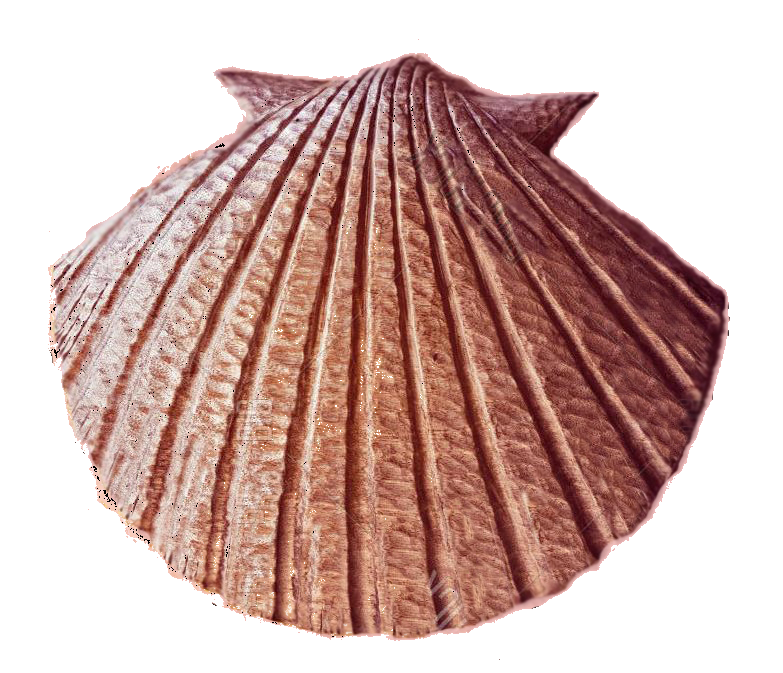

St. Martin
St. Martin of Tours (born 316, Sabaria, Pannonia [now Szombathely, Hungary] - died November 8, 397, Candes, Gaul [France]; Anglican Feast Day, November 11) was a Roman Catholic bishop in what is now France and is considered the father of monasticism in Gaul and the first great leader of Western monasticism. He is venerated as the patron saint of France, soldiers, and tailors.
Significance and Historical Background
Just before Martin was born, Christianity was legalized in the Roman Empire and the bloody persecution of Christians soon came to an end. It was not the official religion of the State, but it could be practiced and proclaimed openly. The Gospel message soon flourished in ancient Rome, transforming the empire. Martin's parents were pagans, but at the age of 10, Martin chose to respond to the call of the Gospel and become a Christian.
As a youth, he was forced into the Roman army, but later - according to his disciple and biographer Sulpicius Severus - he petitioned the Roman emperor Julian the Apostate to be released from the army because "I am Christ's soldier: I am not allowed to fight". When charged with cowardice, Martin is said to have offered to stand in front of the battle line armed only with the sign of the cross. He was imprisoned but was soon discharged.
Legend holds that while he was still in the military and a catechumen of the faith, Martin cut his cloak in half to share it with a beggar. That night, he dreamed that Jesus himself was clothed with the torn cloak. When he awoke, the garment was restored. Moved by this vision and apparent miracle, Martin immediately finished his religious instruction and was baptized at age 18.
On leaving the Roman army, Martin settled at Poitiers, under the guidance of Bishop Hilary. He became a missionary in the provinces of Pannonia and Illyricum (now in the Balkan Peninsula), where he opposed Arianism, a heresy that denied the divinity of Christ. Forced out of Illyricum by the Arians, Martin went to Italy, first to Milan and then to the island of Gallinaria, off Albenga. In 360 he rejoined Hilary at Poitiers. Martin then founded a community of hermits at Liguge, the first monastery in Gaul. In 371 he was made bishop of Tours, and outside that city he founded another monastery, Marmoutier, to which he withdrew whenever possible.
As bishop, Martin made Marmoutier a great monastic complex to which European ascetics were attracted and from which apostles spread Christianity throughout Gaul. He himself was an active missionary in Touraine and in the country districts where Christianity was as yet barely known. In 384/385 he took part in a conflict at the imperial court in Trier (in what is now Germany), to which the Roman emperor Magnus Maximus had summoned Bishop Priscillian of Ávila (Spain) and his followers. Although Martin opposed Priscillianism, a heretical doctrine renouncing all pleasures, he protested to Maximus against the killing of heretics and against civil interference in ecclesiastical matters. Priscillian was nevertheless executed, and Martin's continued involvement with the case caused him to fall into disfavor with the Spanish bishops.
During his lifetime, Martin acquired a reputation as a miracle worker, and he was one of the first non-martyrs to be publicly venerated as a saint.
https://en.wikipedia.org/wiki/
https://www.catholic.org/saints/
https://www.catholic.org/saints/saint.php?saint_id=81
https://www.britannica.com/biography/Saint-Martin-of-Tours